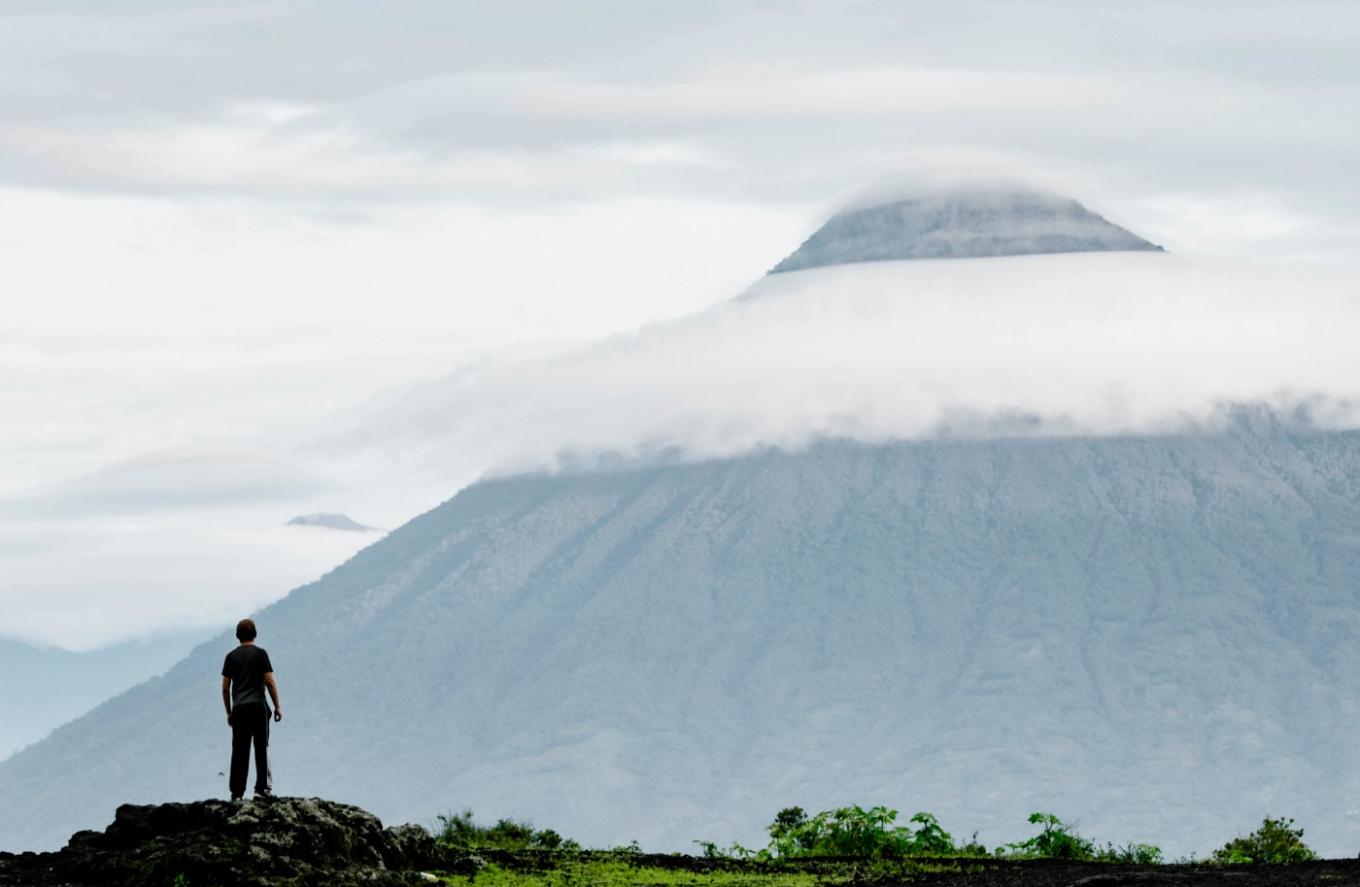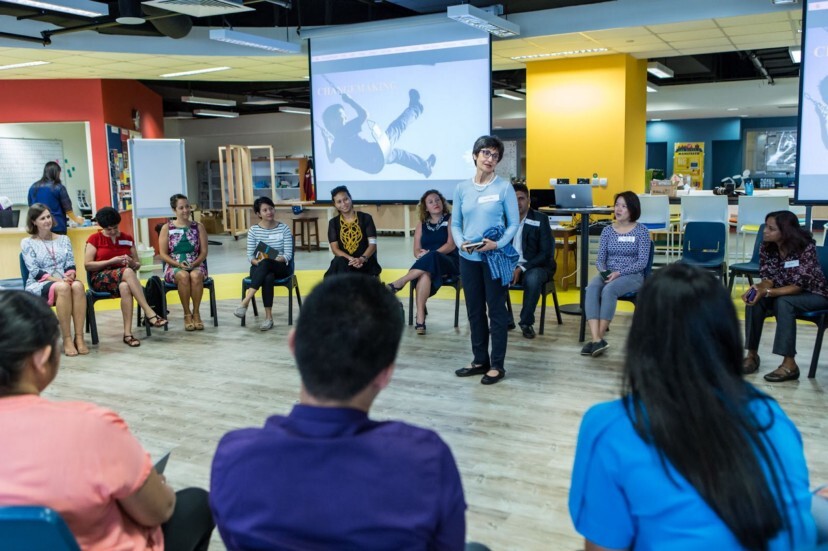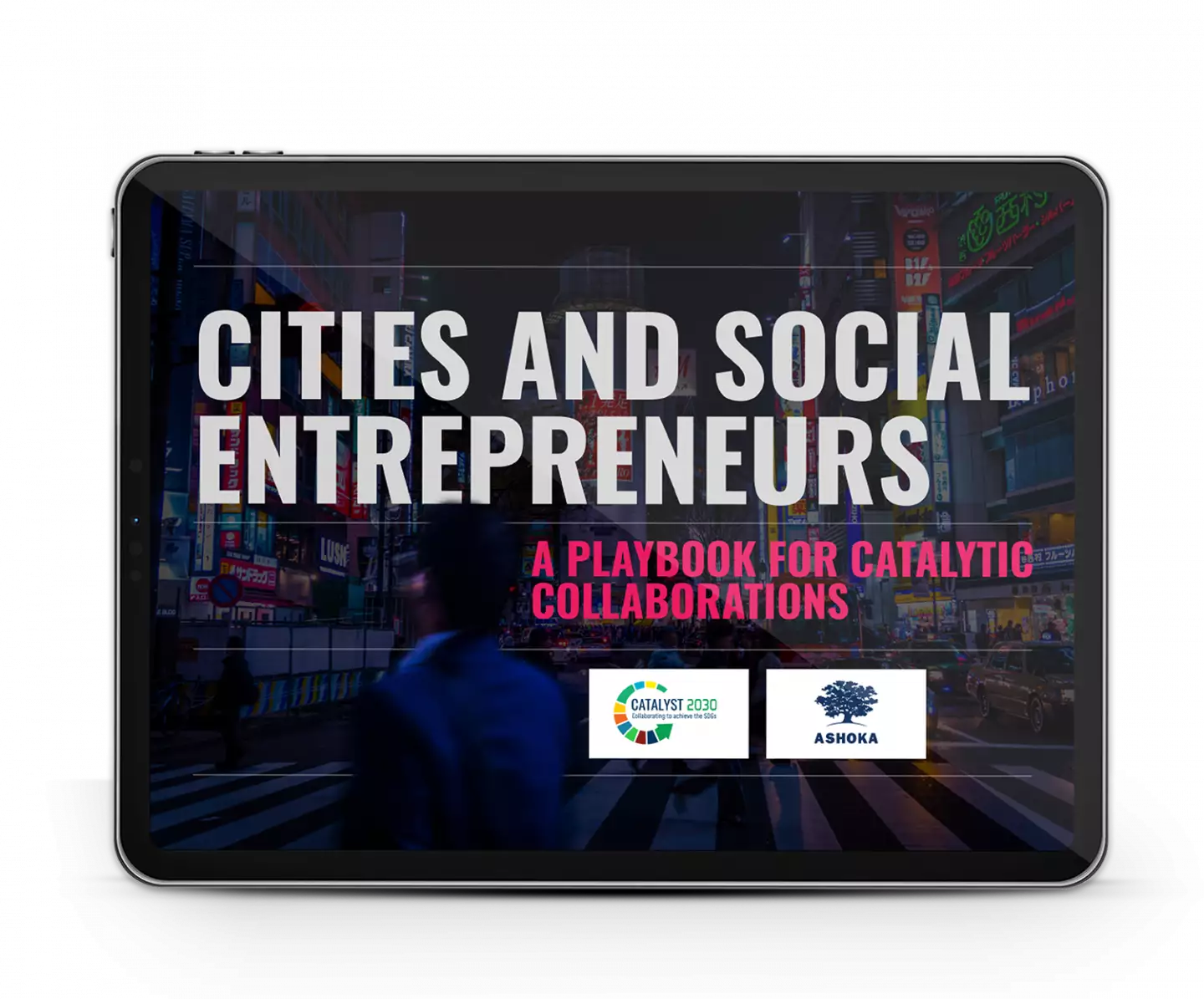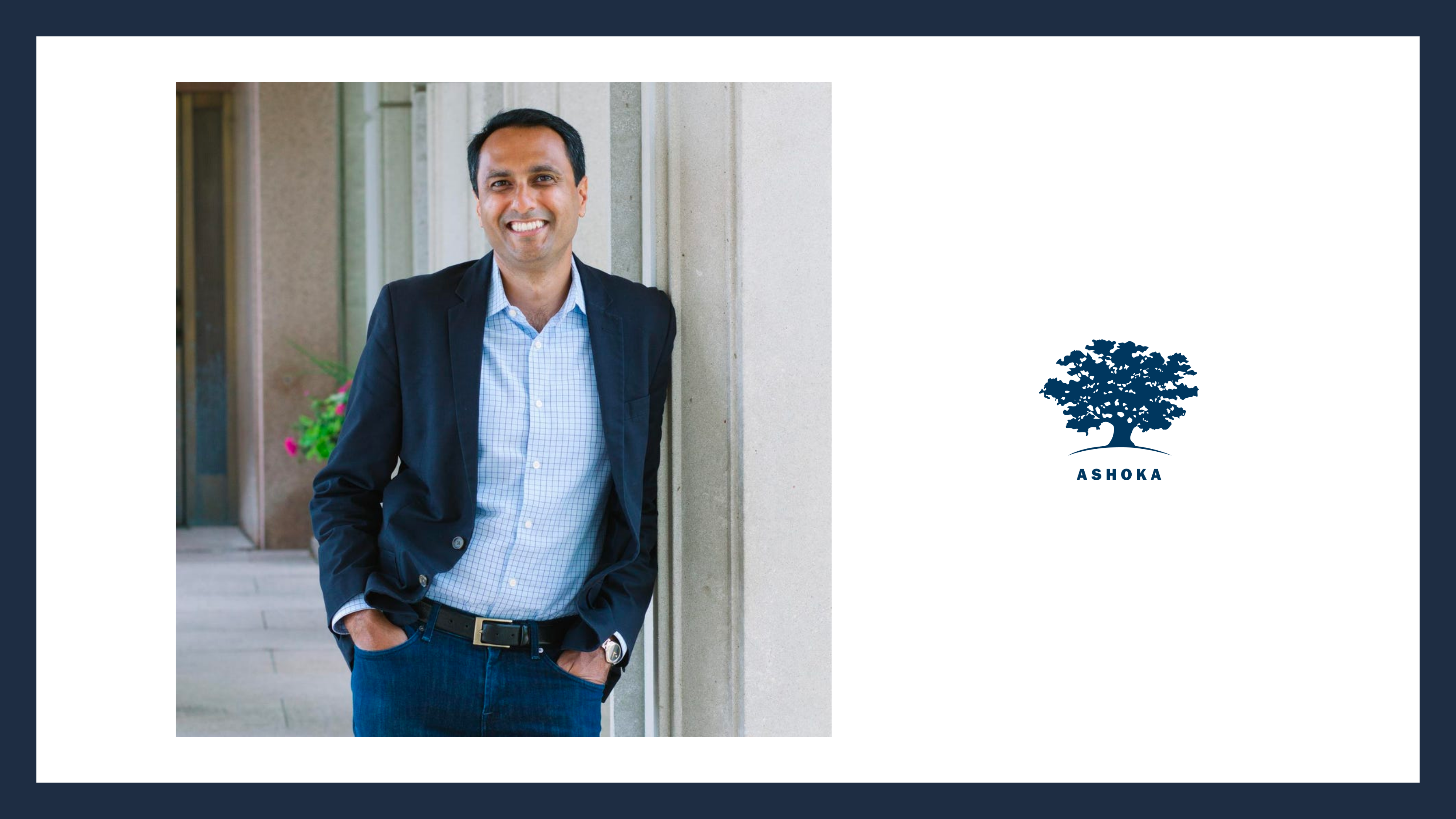
Ashoka’s sustainable livelihoods research was funded by the generosity of Target Foundation
The Covid-19 pandemic is expected to bring the worst economic drop in the history of Latin America and the Caribbean. When the pandemic hit, social entrepreneurs took action — in Mexico, for example, Ashoka Fellow Gabriel Rivera is employing 850 out-of-work women to make masks from home. As unemployment grows, social entrepreneurs will play a critical role in building the way forward.
“Social entrepreneurs have been working to solve market failures and demonstrate more sustainable models to build inclusive economies for years,” a recent WEF report noted.
In just a few decades, social entrepreneurship moved from a niche phenomenon to a full-fledged global movement. Some regions, however, lack the conditions for social enterprise to thrive — for instance, entrepreneurs in Mexico have access to more resources, networks, and opportunities than those in Central America.
Back in November, following Ashoka’s sustainable livelihoods research in the region, a group of 15 social entrepreneurs from Mexico and Central America gathered in Guatemala during the FLII conference to discuss the barriers they faced. Today, as we look to social enterprises to lead in the post-pandemic world, these challenges still need to be addressed.
We’re turning back the clock for a glimpse into the conversation.
The Challenges
Too small to survive
Thriving social enterprises require the right conditions: policies that make it possible to compete in markets filled with big players. One social entrepreneur explained:
“If companies want to work with small-scale producers, they need to be aware of our reality and design policies accordingly to our capacity.”
Other entrepreneurs from across the region agreed that the markets aren’t working for small ventures. For one thing, formalizing their enterprise is too expensive. Because “regulations are designed for big companies,” an entrepreneur shared, it becomes “very hard for us to survive in the market.”
“We end up working in gray areas, or in the margin, working in an environment where there are limited laws that work in our favor,” another explained.
And although products from Central America are considered high quality by international markets, the competition with well-known American brands or low prices from Africa remains an ongoing challenge.
Missing trust
“How can we build trust if nobody knows about us?”
Social enterprises, especially early-stage ventures, struggle to build trusting relationships with stakeholders. While they hope for more open communication, social entrepreneurs also fear their ideas might be stolen by someone else with better financial support, a larger network, or better access to local and international markets. This lack of security interferes with their desire for more visibility.
Funding, funding, funding
Along with many of their counterparts worldwide, social entrepreneurs in Central America and Mexico struggle to financially sustain their work. Grants often restrict how funds can be used, so the resources can’t necessarily be spent where they’re most needed.
Entrepreneurs from across the region also mentioned other barriers: banking restrictions that limit their abilities to make or receive international payments, high lending interest rates, and limited exposure to investors and donors.
“It is a challenge to obtain financial resources to support the [farmers]. It is very complicated to obtain funds at low cost, the only solution are microfinance, which have high interest rates and are expensive for the producers,” explained Ramses Ortega, of the enterprise CAC Trading.
Early stage ventures have especially limited options for financial alternatives. As small social enterprises test their products and services, they need more financial access.
Moving mindsets
Some barriers run even deeper. The group discussed how issues of racial discrimination in the social entrepreneurship sector must be addressed. “We need to start talking more openly about racism in order to change it,” one shared.
For some social entrepreneurs, racial discrimination adds another barrier to a long list of obstacles they must overcome.
Collaborating for change
Improving the conditions for changemaking in Central America requires action on multiple fronts. First, building better pathways for collaboration among entrepreneurs means identifying the key players of the ecosystem, especially important gatekeepers, the group said.
Members of the private sector, for example, can share their networks and know-how with social entrepreneurs. The entrepreneurs agreed that more corporate foundations should support the region’s development , particularly those that have part of their value chain in the region.
To help social entrepreneurs openly exchange ideas and resources, ideally there will be a hub — think Silicon Valley, but for social enterprises. Informal settings are also important, providing spaces for entrepreneurs to freely exchange about their experiences.
Although they shared some of the same struggles, the group emphasized that we must not oversimplify the complex sector — every social entrepreneur faces specific barriers. And despite we shouldn’t lose sight of the creativity and resilience social entrepreneurs bring, which holds true even in our global crisis.
As we grapple with the new challenges that COVID-19 created, we can’t afford to lose sight of the struggles that carry over from the pre-pandemic world. Addressing them will unlock greater opportunities for social entrepreneurs to create the change our world needs.
-
The Entrepreneurs
Eliza Babarczy, Itzawood, Guatemala; Itzel Suárez, Grupo Murlota, México; Alejandro Estrada, Programa Valentina, Guatemala; Hannah Murphy, Impact Experiences, Guatemala; Carolina Nieto, Saber para la Vida, México; Gabriel Rivera, Fomento Altitud SA DE CV SOFOM ENR, México; Alejandro Torun, LUUM, Guatemala; Daniel Buchbinder, Alterna, Guatemala; Maria José Campos, Iluméxico, México; Ingrid Gamboa, Ethikos Global, Guatemala; Zenon Josue Alaniz, Estación Vital, Nicaragua; Pilar Alonso Norma, NUUP, México; Miguel Duhalt, Comunidad 4Uno, México; Rony Baten, Innoverde, Guatemala; Mariana Niembro, Borde Político, México



